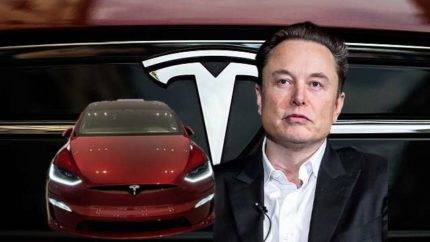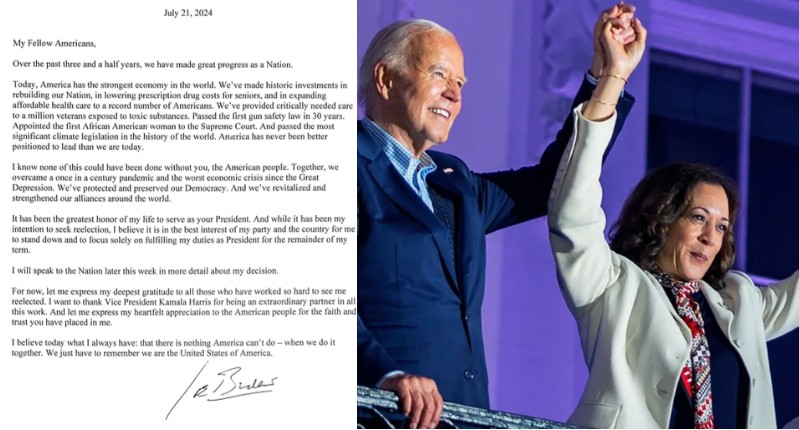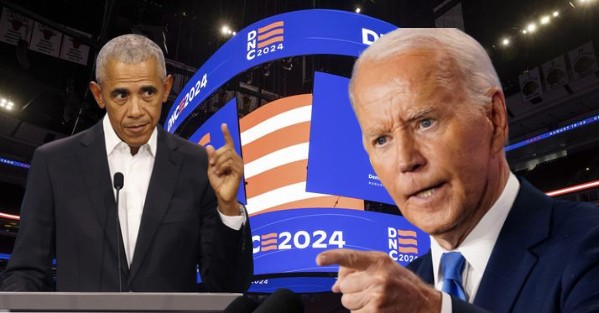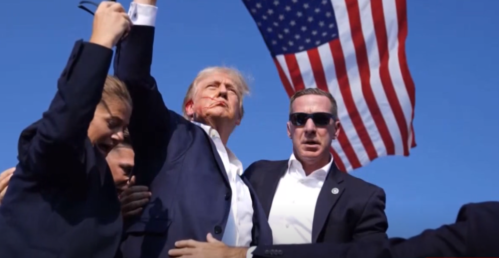In a significant blow to Tesla‘s reputation for cutting-edge technology and safety, the electric vehicle giant is issuing yet another massive recall, affecting a staggering 120,000 vehicles. The recall is prompted by concerns that the doors of these vehicles are at risk of unlocking during a crash, posing a serious threat to driver and passenger safety. The alarming flaw, described in a letter from the National Highway and Safety Administration (NHTSA), emphasizes the potential for life-threatening consequences if the issue is not promptly addressed.
The NHTSA’s recall letter explicitly warns that “the cabin doors can be unlocked during a crash … increasing the risk of injury,” thereby indicating a violation of federal safety standards. This revelation comes as a setback for electric car company, known for its innovation and high safety standards. The recall involves models from Tesla’s lineup, particularly impacting the Model S and X series, raising concerns among Tesla owners and the broader automotive community.
Proposed Solution: Software Patch for Model S and X
As Tesla grapples with this latest safety concern, the company has swiftly responded with a proposed solution. The affected Model S and X vehicles are expected to undergo a comprehensive software patch to rectify the door unlocking issue. While this approach aims to address the problem without requiring physical modifications, it also raises questions about the underlying software design and the potential for future vulnerabilities. Owners of the affected vehicles are urged to contact Tesla service centers promptly to schedule the necessary updates and ensure their vehicles comply with federal safety standards.
This recall underscores the evolving challenges faced by electric vehicle manufacturers as they strive to balance technological advancements with stringent safety regulations. The impact on Tesla’s reputation and consumer trust remains to be seen as the company navigates this latest setback and works to reassure the public of its commitment to safety and continuous improvement.
Tesla Faces Reputational Concerns and Consumer Confidence
Tesla‘s recurrent recalls pose a significant threat to its once-unrivaled reputation for innovation and cutting-edge technology. With a second major recall in a short span, the company faces growing scrutiny regarding its quality control processes. The potential dangers associated with doors unlocking during crashes raise questions about the thoroughness of electric car company’s safety assessments before releasing vehicles to the market. Consumer confidence, a key factor in the competitive electric vehicle market, may be adversely affected as potential buyers weigh the risks and benefits of investing in Tesla’s products.
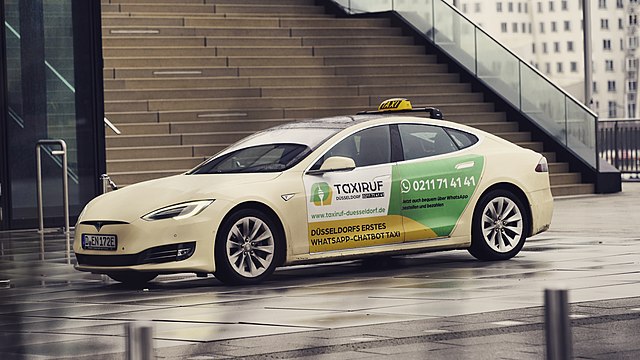
The recall also has broader implications for the electric vehicle industry, highlighting the challenges of ensuring safety in rapidly evolving technology. As electric vehicles become more prevalent on the roads, regulatory bodies and consumers alike are placing heightened scrutiny on manufacturers to deliver not only cutting-edge features but also uncompromised safety. The fallout from this recall may impact not only electric car company but the entire industry of Electric Vehicles, prompting a reevaluation of safety protocols and testing procedures.
Tesla’s Response and Future Safety Assurance
In response to the NHTSA’s findings, Tesla has demonstrated a commitment to addressing the safety concerns promptly. The decision to implement a software patch for affected Model S and X vehicles reflects a dedication to resolving the issue without causing significant inconvenience to Tesla owners. However, the incident also underscores the need for a thorough review of Tesla’s quality control processes to prevent similar safety lapses in the future.
As Tesla navigates the fallout from this recall, the company’s ability to reassure both existing and potential customers will be crucial. Clear communication regarding the nature of the issue, the proposed solution, and ongoing efforts to enhance safety measures will play a pivotal role in rebuilding trust. The electric vehicle industry, with its focus on sustainable transportation solutions, must confront and overcome challenges related to safety to maintain the confidence of regulators and consumers alike. The coming months will be a test for electric car company as it works to address these concerns and uphold its position as a leader in the electric vehicle market.
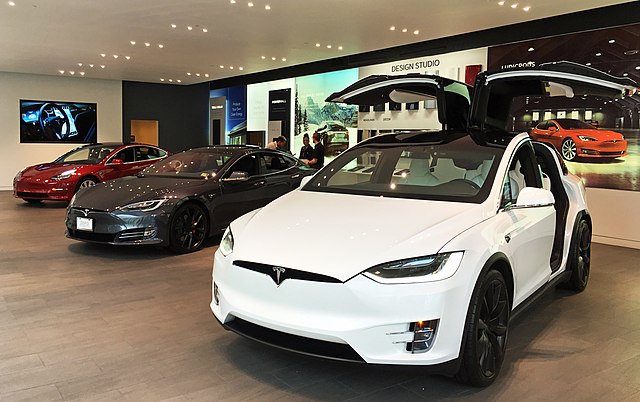
Earlier this month, Tesla Forced to Recall 2 Million Cars
Earlier this month, Tesla has been compelled to recall all 2 million of its cars on U.S. roads. The unprecedented recall comes as a response to a two-year investigation by U.S. safety regulators into approximately 1,000 crashes where Tesla’s Autopilot feature was engaged. The National Highway Traffic Safety Administration (NHTSA) has determined that the Autopilot system can create a false sense of security for drivers and can be easily misused in hazardous situations where the technology may struggle to navigate safely.
This blow to Tesla’s Autopilot feature serves as a setback for the company’s ambitions to market its vehicles to consumers who are willing to pay extra for the convenience of automated driving. The NHTSA’s findings indicate concerns about the system’s reliability and the potential risks associated with over-reliance on autonomous driving technology. The recall is poised to impact a broad spectrum of Tesla vehicles, reflecting the scope of the safety concerns identified by regulators.
Over-the-Air Software Update to Enhance Safety Warnings
To address the identified safety issues with the Autopilot system, electric car company has committed to an over-the-air software update that aims to restrict the use of the Autosteer feature. The NHTSA emphasizes that the update will provide Tesla drivers with more warnings if they are not paying adequate attention to the road while the Autopilot’s “Autosteer” function is engaged. These notifications are designed to remind drivers to keep their hands on the wheel and maintain focus on the road.
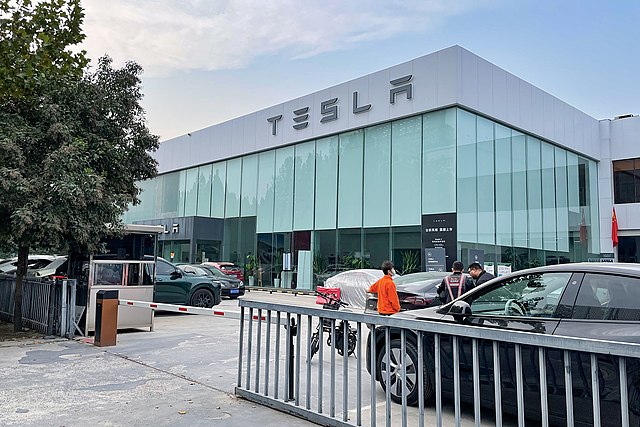
Post-recall, vehicles with Autosteer activated will conduct more frequent checks on the driver’s attention level, potentially disengaging the feature if the system detects a lack of driver attention. The heightened scrutiny will occur in various scenarios, including when the driver is not paying attention, approaching traffic controls, or navigating off the highway where Autosteer alone may not be sufficient. The software update, agreed upon by electric car company, is set to be implemented starting on Tuesday, indicating the urgency and seriousness with which the company is addressing the safety concerns raised by the NHTSA.
This recall highlights the delicate balance automakers must strike as they push the boundaries of autonomous driving technology. The incident not only underscores the need for ongoing scrutiny and oversight by regulatory bodies but also prompts questions about the evolving landscape of self-driving capabilities and their integration into everyday vehicles. The coming weeks will be crucial for Tesla as it navigates the fallout from this sweeping recall and works to restore confidence in its Autopilot system among both current and potential Tesla owners.
Table of Contents
Discover more from OGM News NG
Subscribe to get the latest posts sent to your email.











